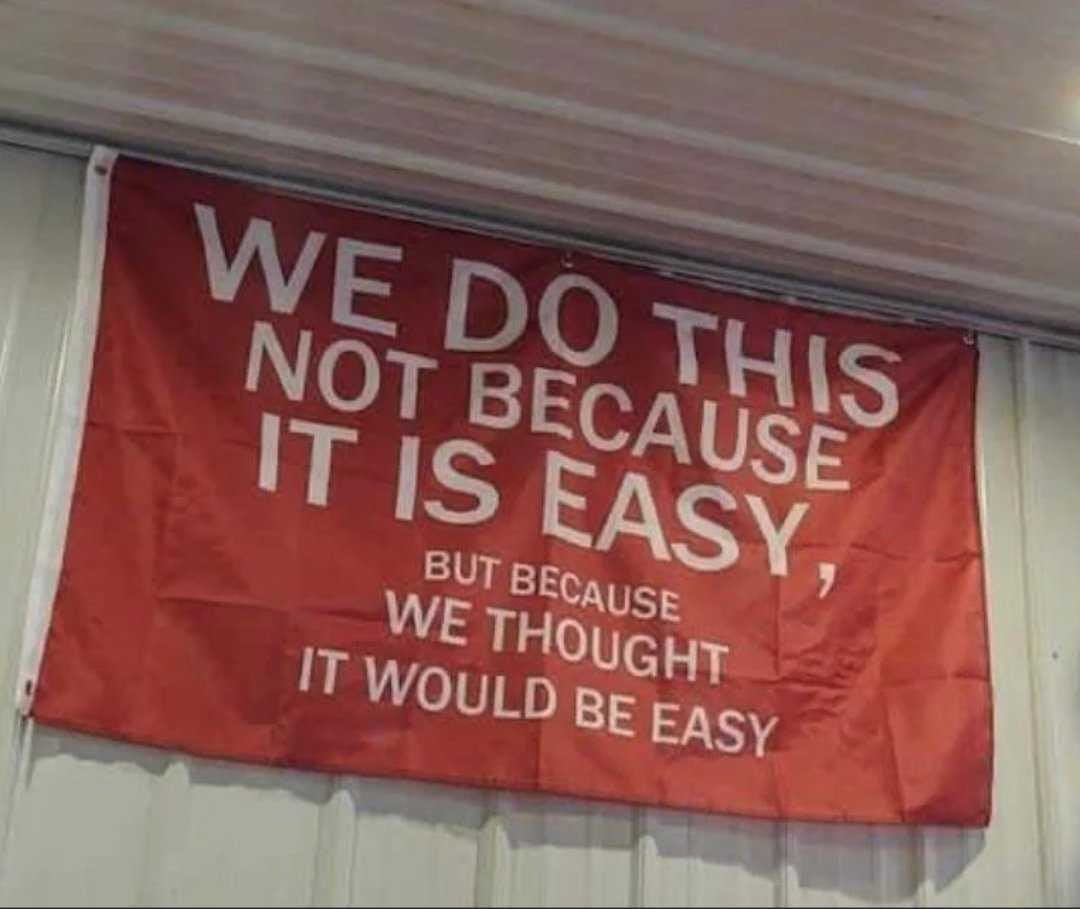Every great founder's story pragmatically resembles the Ancient Greek epic poem The Odyssey by Homer.
The story is about the mortal king Odysseus and his 10-year journey home to the island of Ithaca after the Trojan War.
Along the way, he blinds Poseidon’s son, Polyphemus the Cyclops. Poseidon curses Odysseus not to be able to return home until he loses all his crew. Odysseus almost reaches Ithaca, but his crew opens the bag of winds, which blows the ship far away from to the land of Laestrygonians. They try to sail back and discover the island of Ogygia, home to the beautiful nymph Calypso, who turns Odysseus’s crew into pigs.
Calypso falls for Odysseus and tempts him into becoming her husband by promising him immortality and eternal youth. But Odysseus, who deeply yearns for his wife Penelope, refuses her offer.
She eventually makes him her lover, and they live together for 7 years.
Tired of seeing Odysseus suffer, the Greek Goddess Athena pleads with Zeus to intervene and force Calypso to let Odysseus go and allow him to return home to Ithaca (I’m not doing the summary of this poem any justice).
Every great founder, like Odysseus, starts off excited and hopeful. They have a vision, a roadmap, in their heads of what they want to execute. Despite the initial optimistic outlook founders may have, they’re ignorant of how truly tough and long the journey that lies ahead: An odyssey filled with cyclops', bad luck, distractions, resilience, determination, and faith.
The actual outcome of what transpires always differs from what founders initially foresaw. In Odysseus’ case, he never expected a 2-3 month journey home to take 10 gruelling years.
I bring this story up because I made an active effort to read fewer non-fiction books and more fiction this year. Reading fiction has helped me gain a better understanding of the world around me and its symbolic truth. Let me explain.
Stories and storytelling are wired into our nature. Narratives are how we make sense of the world. The physical material world becomes meaningful when we know what we’re doing with it. Math, logic and science tell me what there is. Fairy tales, mythology and literature tell me what to do with what there is.
Although I love how non-fiction teaches me about objective reality, fiction teaches me pragmatic reality.
Neuroscience teaches me optimal human performance just as much as Odysseus teaches me how to stay adaptable, resilient and faithful in the face of adversity.






Classics are classics for a reason, eh? Fiction has the power to endure.
Not sure how we should define a classic, but have you read 1Q84 by Marukami? One of my faves that I reread from time to time. HA! I have a favorite! Dante's Inferno... each translation I've read is so different. That makes me intrigued, but I've been to many of the places he talks about. Not Hell per se, but I've been to the tower in Bologna. "Abandon hope all ye' who enter here." We had an Italian friend over for dinner and he could recite canto after canto. Now, that's an appreciation of Dante!